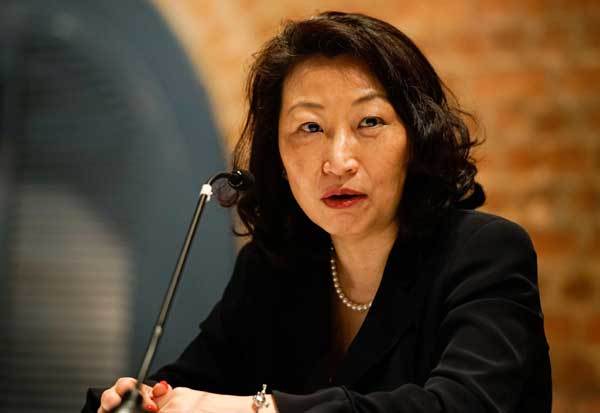
Secretary for Justice Teresa Cheng Yeuk-wah. [Photo/Xinhua]
HONG KONG - The Chinese mainland and the Hong Kong Special Administrative Region share fundamental principles safeguarding national security despite the differences in the common law system in the city and the continental law system practiced on the Chinese mainland, Secretary for Justice Teresa Cheng Yeuk-wah said on Saturday about a proposed national security law for Hong Kong.
The fundamental principles are identical, though the law systems differ, she said.
There are many principles adopted in Chinese criminal law that are the same as Hong Kong, including the presumption of innocence, the burden of proof and the conviction by proving the charge beyond a reasonable doubt, she further explained.
Thus, the public need not worry about the national security law for Hong Kong, added Cheng, whose office will handle any cases once the law is enforced. The full details of the law are yet to be revealed, Cheng said.
"Relevant law enforcement agencies will pass us the file, and probably the police will be the law enforcement agency. We will have the file and then we will look at it, just as in any other normal way," she added.
The national security law for Hong Kong is being drafted by the Standing Committee of the nation's top legislature – the National People's Congress – and will outlaw four types of acts that could endanger national security.
These areas cover acts of secession, subversion, terrorism and conspiracy with external forces. Implementation would close a long-standing legal loophole in Hong Kong in national security after the city failed to enact such a law as required in the Basic Law of Hong Kong SAR since its return to the nation in 1997.
Cheng said that when the law is in force, retrospective application as a criminal charge is not likely. But she acknowledged that exceptions could arise, though in limited situations, in relation to treaty and customary international law.


